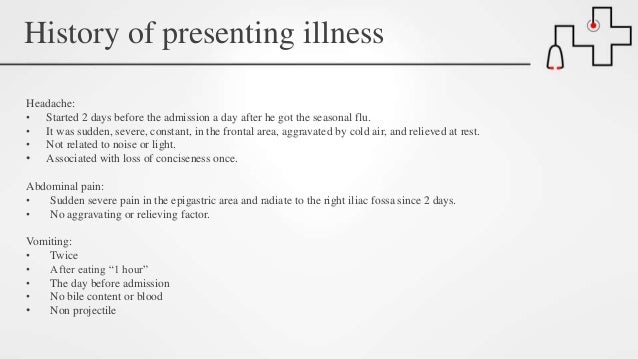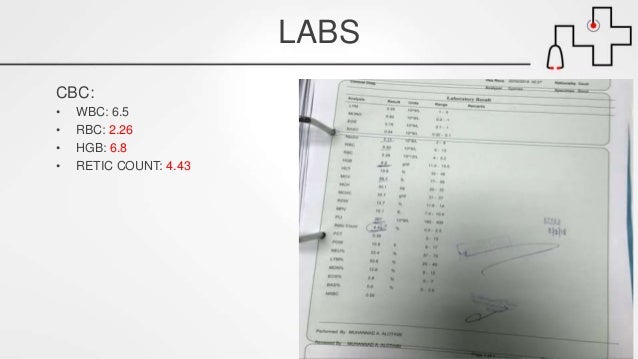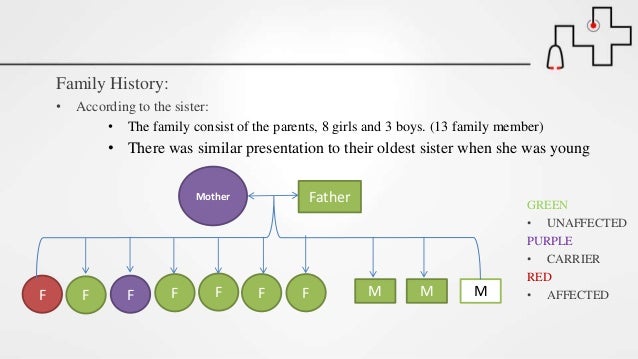Are you hoping to find 'g6pd case study'? All material can be found on this website.
Table of contents
- G6pd case study in 2021
- G6pd deficiency in child
- A 3 years old toddler with g6pd case study
- Glucose-6-phosphate dehydrogenase deficiency pdf
- Nitrofurantoin g6pd
- G6pd prevalence
- G6pd deficiency pubmed
- G6pd deficiency drugs to avoid
G6pd case study in 2021
 This picture representes g6pd case study.
This picture representes g6pd case study.
G6pd deficiency in child
 This picture illustrates G6pd deficiency in child.
This picture illustrates G6pd deficiency in child.
A 3 years old toddler with g6pd case study
 This image representes A 3 years old toddler with g6pd case study.
This image representes A 3 years old toddler with g6pd case study.
Glucose-6-phosphate dehydrogenase deficiency pdf
 This picture demonstrates Glucose-6-phosphate dehydrogenase deficiency pdf.
This picture demonstrates Glucose-6-phosphate dehydrogenase deficiency pdf.
Nitrofurantoin g6pd
 This picture demonstrates Nitrofurantoin g6pd.
This picture demonstrates Nitrofurantoin g6pd.
G6pd prevalence
 This picture illustrates G6pd prevalence.
This picture illustrates G6pd prevalence.
G6pd deficiency pubmed
 This image representes G6pd deficiency pubmed.
This image representes G6pd deficiency pubmed.
G6pd deficiency drugs to avoid
 This picture demonstrates G6pd deficiency drugs to avoid.
This picture demonstrates G6pd deficiency drugs to avoid.
How does glucose 6 phosphate dehydrogenase ( G6PD ) help cells?
Glucose-6-phosphate dehydrogenase (G6PD) is an enzyme that helps cells to counterbalance oxidative stress, which is an imbalance between antioxidant defence (enzymatic and nonenzymatic) and the production of reactive oxygen and nitrogen species (RONS) in favour of RONS.
Can You exercise if you have G6PD deficiency?
Exercise could be used by G6PD-deficient individuals as a tool to improve their quality of life. However, there is a lack of training studies, and assessment of the effects of regular and systematic exercise in G6PD-deficient individuals is warranted.
What is the function of G6PD in glutathione reductase?
Among other functions, G6PD is involved in the regeneration of reduced glutathione (GSH) from its oxidized form (GSSG), a reaction catalysed by glutathione reductase [ 1
Can a G6PD deficiency cause haemolysis?
There is little evidence indicating that G6PD deficiency can cause perturbations in redox status, haemolysis, and clinical symptoms such as fatigability and myoglobinuria, especially after intense exercise, compared to individuals with normal enzyme levels. Conclusions.
Last Update: Oct 2021